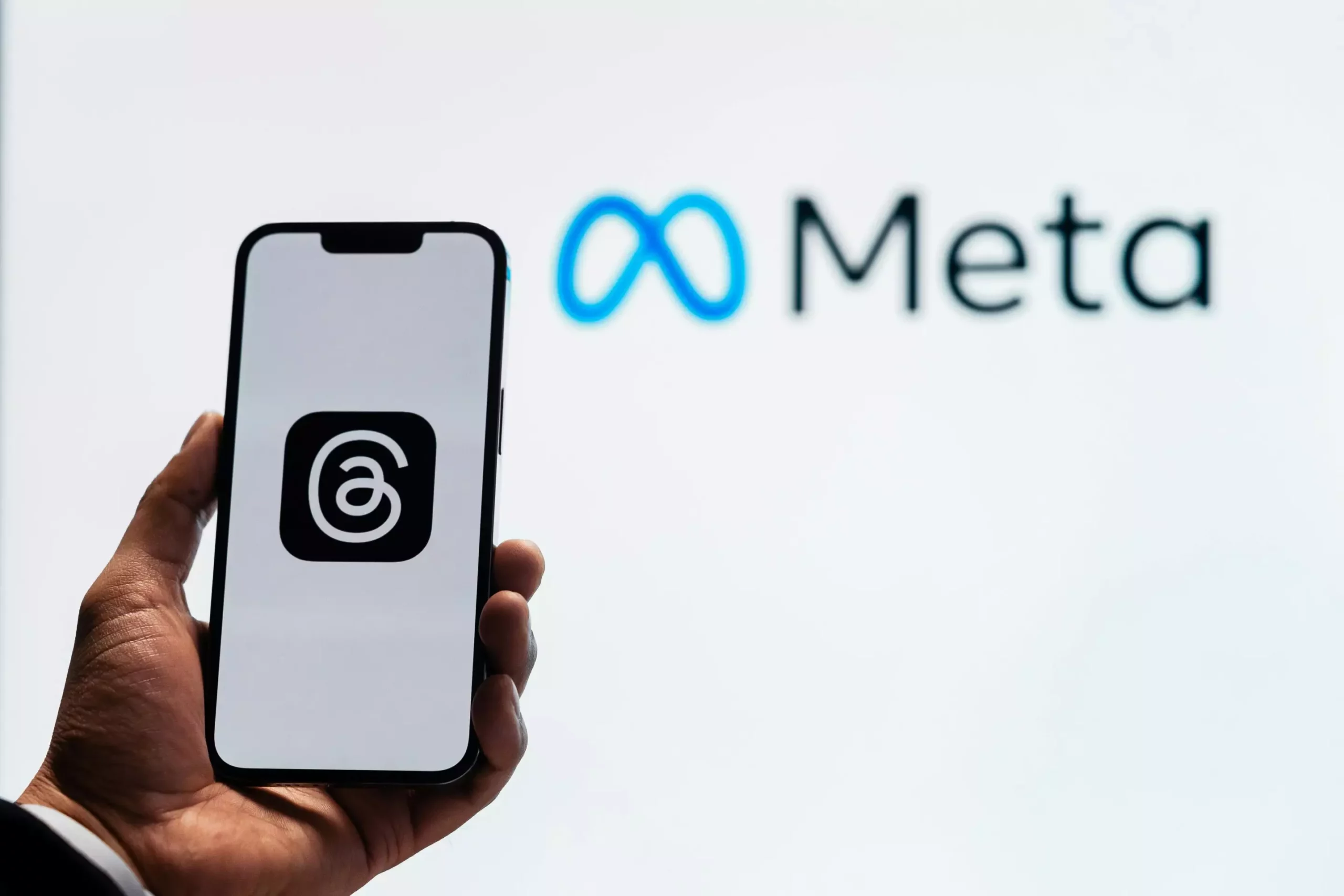In a world where artificial intelligence (AI) is becoming increasingly prevalent, the debate between open-source and closed-source AI is heating up. Meta, the parent company of Facebook, recently made a significant move towards open-source AI by releasing a new collection of large AI models, including the Llama 3.1 405B model. This marks a shift towards greater transparency and accessibility in the field of AI, as Meta’s founder, Mark Zuckerberg, described this model as “the first frontier-level open-source AI model.” This move is crucial for democratizing AI and ensuring that the benefits of advanced technology are accessible to all.
Closed-source AI, on the other hand, refers to models, datasets, and algorithms that are proprietary and kept confidential. While this approach allows companies to protect their intellectual property and maintain control over their technology, it comes with significant drawbacks. Closed-source AI limits transparency, accountability, and innovation in the field. Users are unable to access the underlying dataset and code of these models, making it difficult to assess their reliability and biases. This lack of openness also hinders collaboration and diversity in AI development, as smaller organizations and individuals are excluded from participating in the advancement of technology.
Furthermore, the closed nature of proprietary AI systems raises ethical concerns regarding fairness, privacy, and human oversight. Without transparency and external accountability, it is challenging to ensure that AI models are developed and used responsibly. Companies like OpenAI, which do not release the dataset or code of their AI tools to the public, create a barrier to scrutiny and regulation. This opacity can lead to potential misuse of AI technologies and raise questions about data privacy and security. Closed-source AI models also limit the ability of regulators to audit the technology effectively, creating a gap in oversight and governance.
The Promise of Open-Source AI
In contrast, open-source AI promotes transparency, collaboration, and innovation in the field. By making the code and dataset behind AI models accessible to everyone, open-source technology facilitates rapid development and community engagement. This approach allows for the identification of biases, vulnerabilities, and ethical concerns in AI systems, leading to more robust and reliable technology. While open-source AI comes with its challenges, such as quality control and cybersecurity risks, it represents a step towards a more inclusive and accountable AI ecosystem.
Meta’s commitment to open-source AI, exemplified by the release of the Llama 3.1 405B model, has positioned the company as a pioneer in the field. This large language model, although not fully open due to the unreleased dataset used for training, has the potential to level the playing field for researchers, small organizations, and startups. By providing access to sophisticated AI models without the need for extensive resources, Meta is fostering a more diverse and collaborative AI community. This move towards open-source AI is a step in the right direction towards democratizing advanced technology and ensuring that AI serves the greater good.
Challenges and Opportunities in Open-Source AI
Despite the benefits of open-source AI, there are still challenges to address. Balancing the protection of intellectual property with the promotion of innovation is a key concern in open-source AI. Minimizing ethical risks, such as ensuring data privacy and preventing misuse of AI technology, requires careful governance and oversight. Safeguarding open-source AI against cyberattacks and malicious use is essential to maintain trust and security in the technology. Addressing these challenges will be crucial in realizing the full potential of open-source AI and creating an inclusive and ethical future for artificial intelligence.
The battle between open-source and closed-source AI reflects a broader struggle for transparency, accountability, and fairness in the development of technology. By embracing open-source AI and advocating for ethical practices, we can ensure that AI serves as a tool for the benefit of all. The future of AI is in our hands – it is up to us to shape it responsibly and ethically.


Leave a Reply